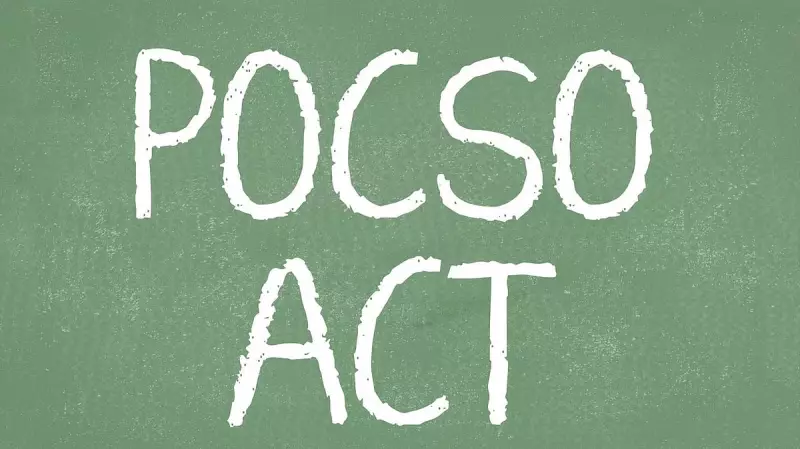
In a potentially groundbreaking legal development, the Supreme Court of India has decided to scrutinize a fundamental question about one of the country's most important child protection laws. The court will examine whether the Protection of Children from Sexual Offences (POCSO) Act applies equally to women perpetrators, not just men.
The Case That Sparked the Debate
The constitutional bench, comprising Chief Justice D.Y. Chandrachud and Justice P.S. Narasimha, has taken up this matter following a petition from a woman currently facing criminal proceedings under the POCSO Act. The woman has challenged the validity of these proceedings, arguing that the Act was primarily intended to protect children from male offenders.
"We will examine whether the POCSO Act is gender-neutral," declared the Supreme Court bench, acknowledging the significant legal implications of this interpretation. The court has issued notices to the Central government and the State of Uttar Pradesh, seeking their responses to this crucial legal question.
Legal Interpretation at Heart of Controversy
The central legal debate revolves around Section 6 of the POCSO Act, which addresses "punishment for aggravated penetrative sexual assault." The petitioner's legal team contends that when read alongside other sections of the Act, it becomes apparent that the legislation was designed with male perpetrators in mind.
However, the Allahabad High Court had previously taken a different view, stating that the Act uses the term "any person" rather than gender-specific language. This interpretation suggests the law applies universally, regardless of the perpetrator's gender.
Broader Implications for Child Protection
This Supreme Court examination comes at a critical time when understanding of child sexual abuse has evolved significantly. Legal experts note that the outcome could have far-reaching consequences for how child protection laws are enforced across India.
The court has scheduled the next hearing for July, giving all parties time to prepare their arguments on this complex legal issue that sits at the intersection of gender justice and child protection.
Legal scholars and child rights activists will be closely watching this case, as the Supreme Court's interpretation could redefine the scope of one of India's most important child protection statutes and set new precedents for gender neutrality in criminal law.






